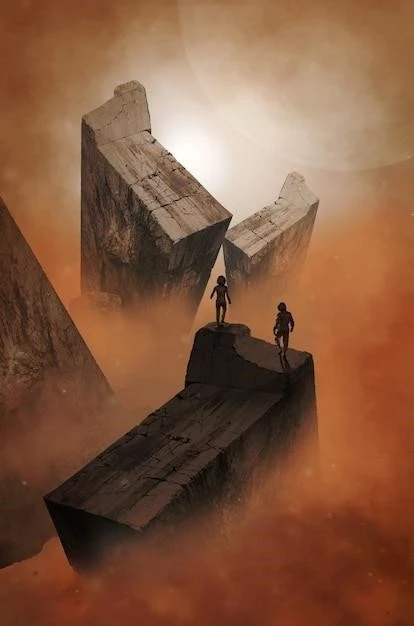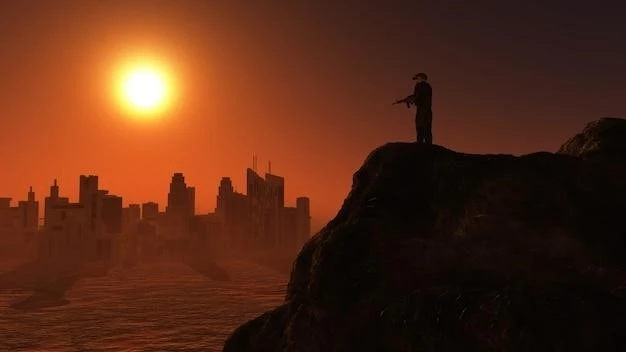The Rise and Fall of Empires: A Personal Reflection
History, for me, has always felt like a vast tapestry woven with the threads of countless lives, decisions, and consequences. And amidst this intricate tapestry, the rise and fall of empires stand out as particularly striking patterns, recurring motifs that speak volumes about the nature of power, ambition, and the very essence of civilization.
Recently, I delved deep into the history of the Roman Empire, a civilization that once sprawled across continents, leaving an indelible mark on law, language, architecture, and thought. I traced their journey from a small city-state to a mighty empire, marveling at their military prowess, their sophisticated governance, and their cultural achievements. I walked the virtual ruins of their forums and amphitheaters, trying to imagine the grandeur of a bygone era.

Internal Strife and the Seeds of Decay
Yet, the more I learned about Rome’s triumphs, the more I became fascinated by its decline. How could such a powerful empire, one that seemed so invincible, crumble into oblivion? I began to see that the seeds of their downfall were often sown at the height of their power.
Internal strife, for instance, played a crucial role. I read about the endless power struggles, the assassinations of emperors, and the civil wars that ripped the empire apart from within. The very system that had made Rome strong – a vast, complex bureaucracy – became increasingly difficult to manage, leading to corruption, inefficiency, and a disconnect between the rulers and the ruled.
Economic Woes and Overextension
Then there were the economic woes. I learned about the crippling inflation, the unsustainable military expenditures, and the overreliance on slave labor that hollowed out the empire’s economic core. Rome, I realized, had overextended itself, its frontiers vast and porous, its armies stretched thin trying to hold back the tide of barbarian invasions.
It wasn’t just the Romans, though. I started to see similar patterns in other empires throughout history: the Greeks, the Egyptians, the Ottomans, the Mongols – each had their moment in the sun, only to be eclipsed by internal decay, external pressures, or a combination of both.

Lessons from the Rubble
This exploration of empires past has left me with a profound sense of the impermanence of power and the cyclical nature of history. It’s a sobering thought, a reminder that even the mightiest civilizations are built on foundations that can crumble.
However, I also believe there are valuable lessons to be learned from the rubble of empires. By studying their mistakes, by understanding the factors that led to their decline, we can perhaps gain insights into the challenges facing our own societies today.
Here are a few key takeaways from my personal reflections:
1. The Importance of Unity and Social Cohesion
Empires often collapse when internal divisions become too deep to bridge. Social cohesion, a sense of shared purpose and identity, is essential for any society, especially large and diverse ones, to thrive.
2. The Perils of Overextension and Hubris
Throughout history, empires have stumbled when they overextended their reach, their ambitions outpacing their resources and capacity. Recognizing limits, practicing restraint, and focusing on sustainable growth are crucial for long-term stability.
3. Adaptability and Innovation
The world is constantly changing, and empires that fail to adapt to new realities, whether environmental, technological, or social, often find themselves outmaneuvered and outpaced. A willingness to embrace change, to innovate, and to learn from others is essential for survival.
A Timeless Cycle, a Timely Reflection
The rise and fall of empires is a timeless cycle, a drama that has played out repeatedly across millennia. As I continue to explore history, I am struck by how much these ancient civilizations have to teach us about the challenges we face today. Their stories serve as a potent reminder that power is fleeting, that hubris can be blinding, and that the choices we make today will shape the course of our collective future.










